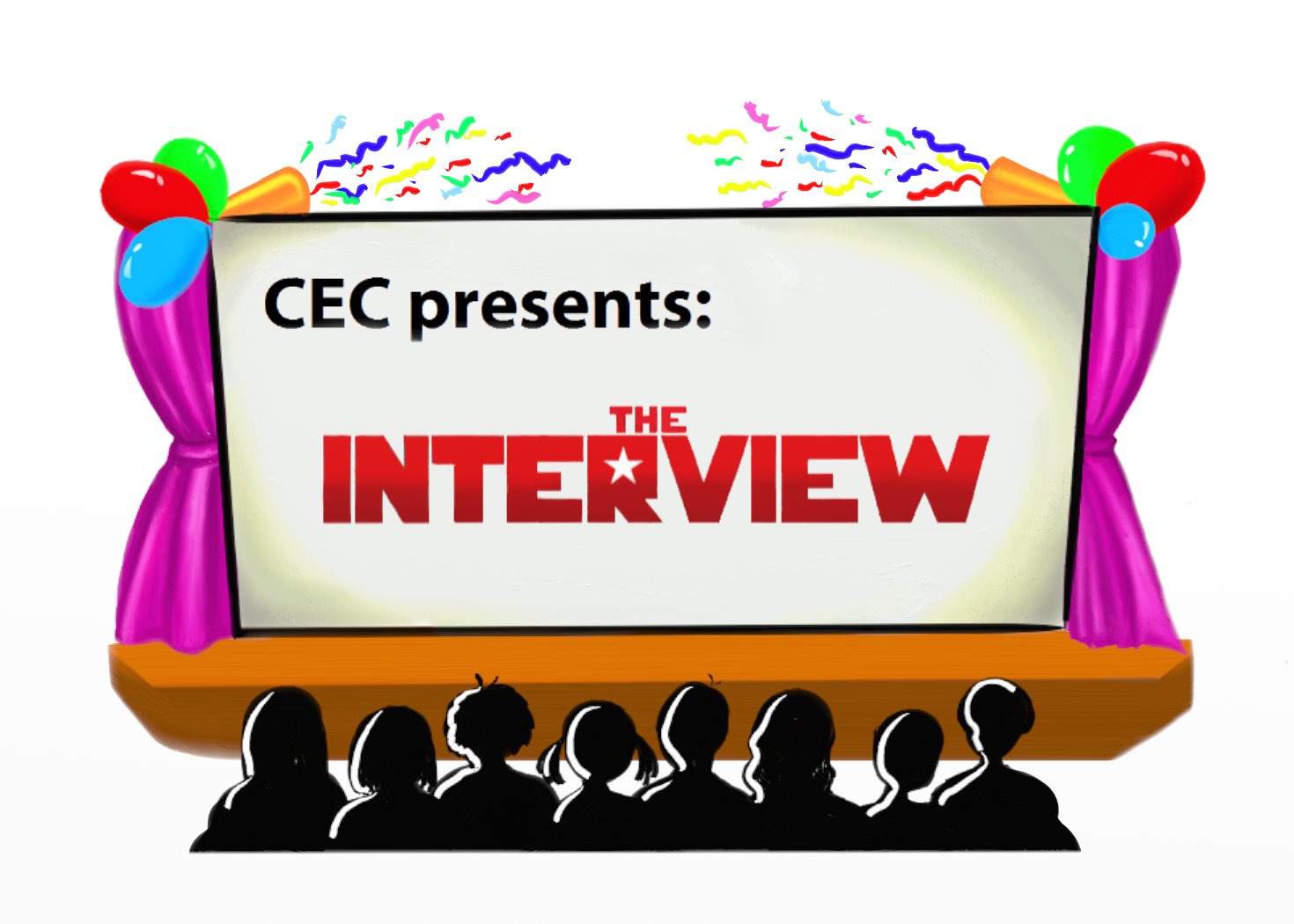Arthur Wang: ‘The Interview’ showing misses discussion on race, gender

Yanna Lee/Daily Bruin
By Arthur Wang
Jan. 6, 2015 12:02 a.m.
The saga surrounding the now-controversial film “The Interview,” a comedy that depicts the assassination of North Korean leader Kim Jong-un, transformed an otherwise mediocre film into an unlikely cultural touchstone of 2014.
I was one of roughly 278 UCLA students who watched the Campus Events Commission-sponsored prescreening of the film on Dec. 8. Not knowing that watching it would become a great privilege of sorts, I regretted sitting through two hours of fabricated accents and sexualized tropes of Asian women. Rather than simply billing it a screening, CEC could have used the showing as a springboard for discussion of Hollywood’s treatment of race and gender.
The movie’s political satire is not a question here; the film’s criticism of North Korea is slim but adequate, especially given that the film is a comedy and not a documentary. “The Interview’s” problem lies in its laziness. It relies on stereotypes and neglects to portray Asians as human beings. This is not a call for censorship or a claim that the CEC should not have shown the movie; it has become entangled in larger debates about free speech and artistic expression, so it should not be stifled for the sake of sensitivity.
But in light of the fact that “The Interview” was arguably the most controversial film recently screened by the CEC – even before the hacking controversy broke out – the screening should have segued into a conversation about the movie’s merits and demerits, especially considering that UCLA has a robust faculty of cultural and media scholars qualified to critically analyze the film.
CEC Commissioner Greg Kalfayan said that no members of the commission could learn about the plot details before the screening, and thus could not have predicted the film’s preponderance of cultural stereotypes. But the film had already been embroiled in controversy by the week of the screening for several different reasons, and the CEC still should have hosted a panel discussion of the film as a follow-up.
The post-screening conversation could have featured film, media and cultural scholars from the Asian American Studies department and the School of Theater, Film and Television – both have faculty who specialize in the treatment of Asians in mass media. Professors from the International Institute who study East Asia could offer critical insights into North Korea’s threats against Sony Pictures Entertainment and how adequately “The Interview” portrays the reclusive state, making for an important informational supplement to what most student audience members said was an enjoyable film.
For all its entertainment value, the movie was laden with a troublesome reliance on offensive tropes. For example, the “evil side” of Kim Jong-un is distinctly stereotypical. This instance of Kim as a “master manipulator” differs little from the century-old Fu Manchu trope of the cunning Asian male plotting to cause untold destruction. Cultural scholars attribute the British-made character with past fears of the ‘Yellow Peril,’ a notion that Asians – especially Chinese – were somehow an existential threat to the West.
In addition, even fans of the Rogen-Franco humor and style took serious issues with the character of Sook, who serves as Kim’s loyal assistant. Brian Dang, a fourth-year biology student who watched “The Interview” at the CEC sneak preview, enjoyed the film and is a fan of Rogen and Franco’s comedic style, but said that the movie “made (Sook) this uptight Asian figure that becomes a sex-crazed character. … I can see how that can be offensive.” Sook is initially loyal and unquestioning – until she reveals her wild side and indicates, to say the least, a love interest in protagonist Aaron, Rogen’s character. This character transition, unfortunately, seems to highlight the two most accepted character roles of Asian women in Hollywood, as submissive servant or fetishized plaything.
As a movie intended for American audiences, and no matter how absurd the contents of the film, “The Interview” implicitly affected moviegoers’ perspectives of Asian Americans. Something as trivial as the inclusion of stereotypically bad Asian accents, where Rs cannot be differentiated from Ls, rather than Koreans who speak unaccented English reinforces the “perpetual foreigner” stereotype, which asserts that Asians cannot fully integrate into Western society. The only thing the movie was missing was a quip about Asians being good at math.
This is 21st-century Orientalism at its finest. Not to be confused with the archaic term for Asians, Orientalism is essentially how the West depicts the East in the media. Not surprisingly, inaccuracies abound. A scan through the production team for “The Interview” reveals zero Asian top-level producers, even though this is a film about an Asian country. These skewed demographics show why there remains a severe lack of Asian American actors and actresses with meaningful roles.
A CEC-sponsored discussion would have greatly illuminated the problem of Orientalism in Hollywood and called attention to Asian American issues, which remain a campus-wide area of concern, especially considering that the racist and sexist flyers sent to UCLA’s and USC’s Asian American departments in February are still fresh on some students’ minds. For these reasons and more, the lack of a post-script faculty panel is a missed conversation at an opportune moment.


